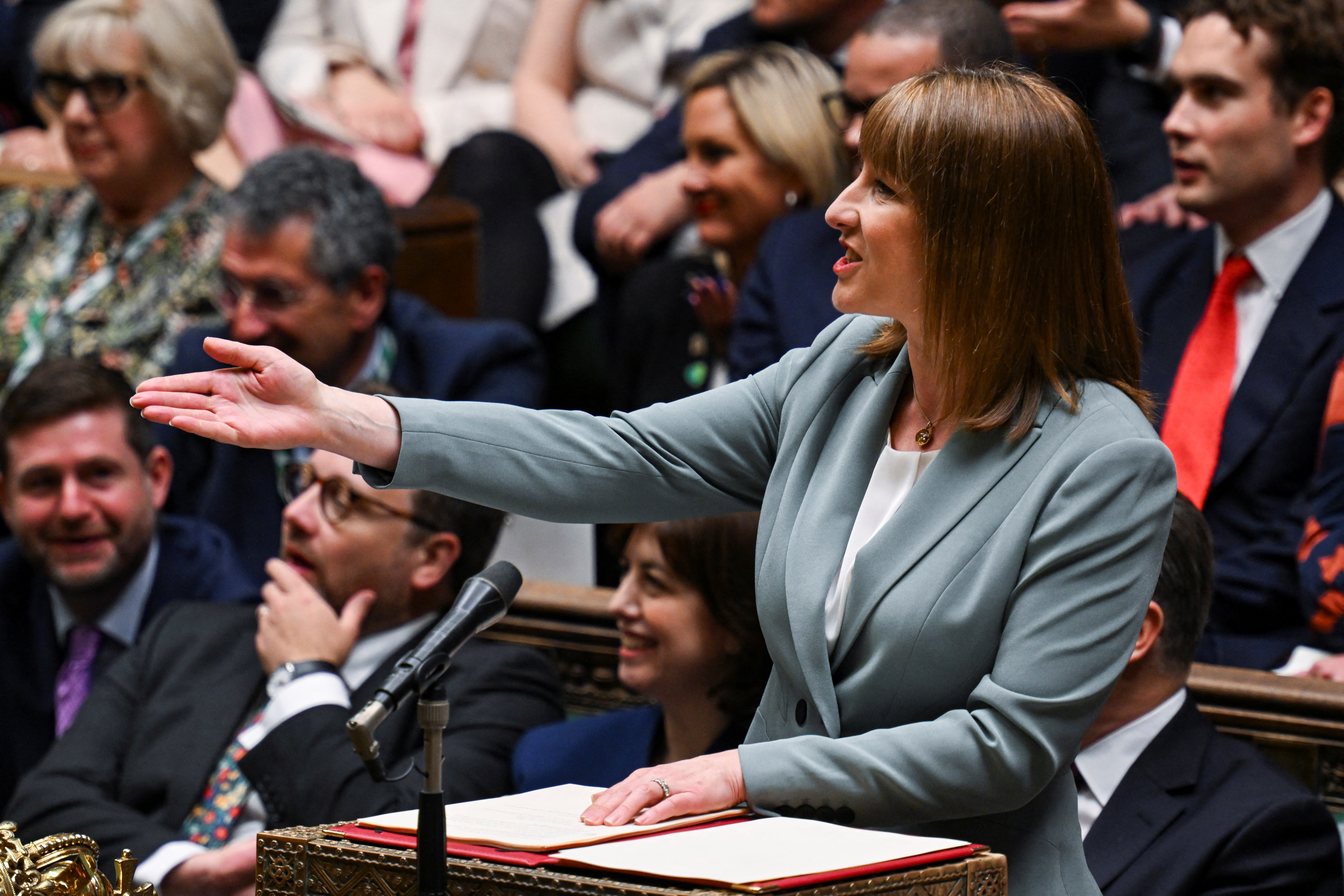
LONDON - British Chancellor Rachel Reeves on Wednesday unveiled a wide-ranging public spending package aimed at overhauling key national services, including a record 39 billion pounds ($52.84 billion) in long-term affordable housing and 29 billion pounds annually to revitalize the National Health Service (NHS).
The announcement, part of Labour's first full spending review in 16 years, outlined day-to-day departmental budgets through 2029 and capital spending through 2030. The review prioritized investment in public health, national security, and regional economic development, according to the government statement.
The NHS in England will receive a real-terms increase of 3 percent per year in operating budgets. Funding includes up to 10 billion pounds for digital upgrades, training for thousands of general practitioners, and mental health support teams in all schools across England. "There's no strong economy without a strong NHS," Reeves told the British parliament.
ALSO READ: Britain to allocate $116 billion to R&D in spending plan
Under the new framework, Britain's defense spending will rise from 2.3 percent to 2.6 percent of its gross domestic product (GDP) by 2027, covering the armed forces and intelligence services. Key allocations include 15 billion pounds for a new sovereign nuclear warhead program, 7 billion pounds for military accommodation upgrades, and 6 billion pounds for munitions manufacturing.
Housing is another central focus. Reeves confirmed a 10-year, 39 billion pound commitment to affordable housing construction, alongside 10 billion pounds in additional financial support through Homes England to attract private investment. She described the plan as the largest investment in social and affordable housing in 50 years.
Transport infrastructure will receive 15.6 billion pounds by 2032 to support local projects in English city regions. Major rail corridors, including the Oxford-Cambridge line and the TransPennine Route, will benefit from expanded funding. Additional allocations include 3.5 billion pounds for the Midlands Rail Hub and 445 million pounds for rail upgrades in Wales.
ALSO READ: UK economy has a growth spurt before tax and tariff challenges
While several departments secured increased funding, others will see reductions in real terms. The Home Office's day-to-day budget will decline by an average of 1.7 percent annually, and the Foreign Office faces a 6.9 percent cut, largely due to reduced overseas aid allocations. The Environment Department's budget will also drop by 2.7 percent, though some investment remains earmarked for flood defenses and nature restoration.
Reeves pledged to end the use of hotels to accommodate asylum seekers by the end of the current parliament, a measure expected to save 1 billion pounds per year. Additional funds will be directed toward accelerating asylum case processing, appeals, and deportations.
The chancellor's pledges come against the backdrop of mounting fiscal pressure. Britain's public finances remain under strain. In the 2024-25 fiscal year, the government borrowed 148.3 billion pounds, while debt interest payments now consume around 10 percent of total public spending. Despite GDP growth of just 0.7 percent in the first quarter of 2025, the fastest among G7 economies, inflation remains elevated at 3.4 percent, and the unemployment rate has risen to 4.6 percent.
READ MORE: Britain posts much bigger budget deficit for 2024/25 than expected
The Office for Budget Responsibility has flagged a 14 billion pound shortfall caused by weaker growth and higher interest payments. Britain's public debt has now exceeded 100 percent of GDP, prompting economists to warn that increased government spending may eventually require tax rises or reductions elsewhere unless stronger growth is sustained.
Defending the government's fiscal policy, Reeves said: "My fiscal rules are non-negotiable. Day-to-day spending must be paid for through tax receipts, because it is not right to expect our children to pay for the services we rely on today."


